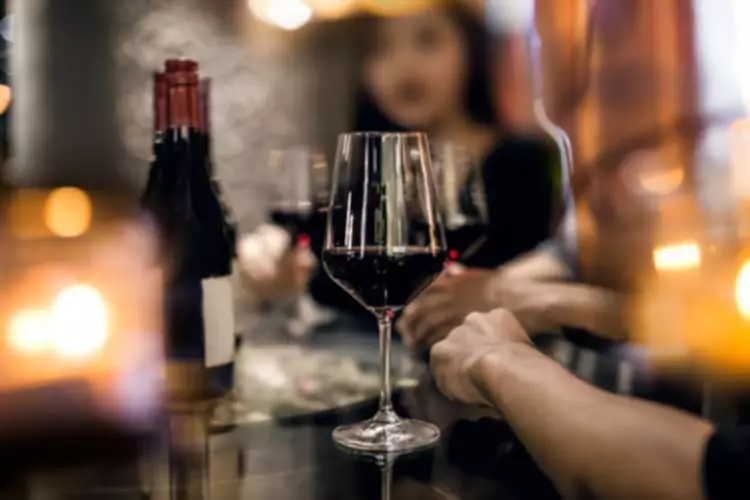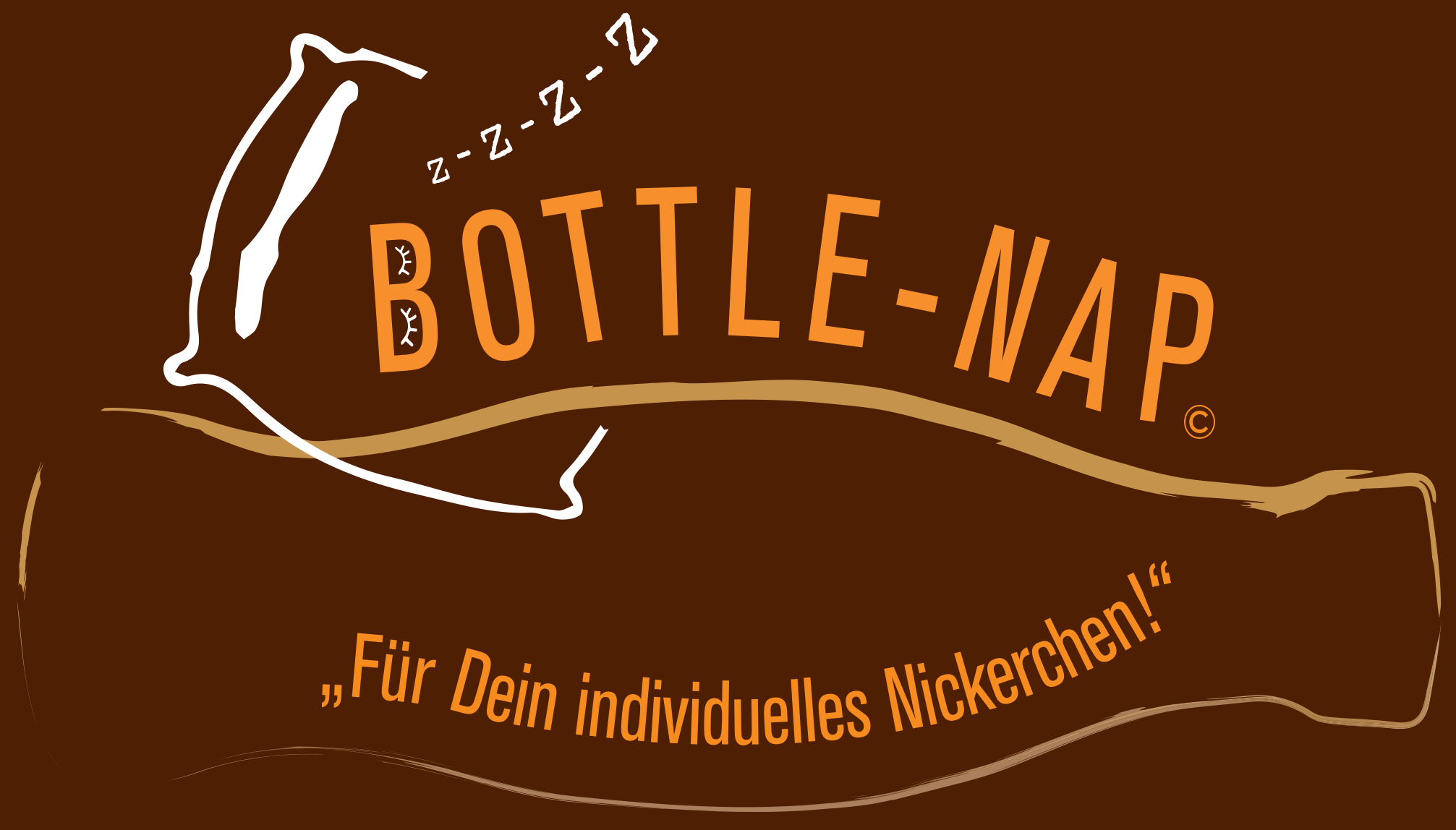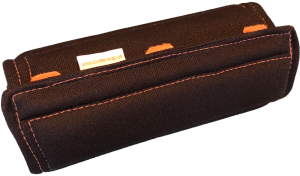
Sleep onset occurs when there are increased homeostatic (sleep-promoting) and decreased circadian (wake-promoting) drives (Borbely, 1982). From a general neurophysiological perspective, the onset and maintenance of sleep involves depolarizations of the thalamocortical neural circuits https://ecosoberhouse.com/ (Saper et al., 2010). The ‘sleep-wake switching system’ resides within the lateral hypothalamus, the ventrolateral preoptic area, and the median preoptic area. In contrast to generalized sleep activity across the brain, “local” sleep involves activities in certain neurons or neuronal assemblies leading to regional sleep-like neuronal activity patterns. These activities are then propagated to other brain regions via signaling systems. Insomnia results from a mismatch involving persistent activity in wake-promoting structures during NREM sleep, leading to simultaneous sleep and wake activity along with psychophysiological arousal (Buysse et al., 2011).

Alcohol & Sleep: Dependent on Alcohol to Sleep
- Please note, we cannot provide specific medical advice, and always recommend you contact your doctor for any medical matters.
- Dim Light Melatonin Onset (DLMO) is a commonly used marker for evaluating the activity of the circadian pacemaker and for assessing the changes in circadian phase, i.e. delayed or advanced (Pandi-Perumal et al., 2007).
- Differences in Alcohol Use Disorders Identification Test-Concise and Insomnia Severity Index scores between day and night workers were analyzed using Student’s two-tailed t-test for unpaired data.
Consuming alcohol and experiencing restricted sleep reduces alertness during the day. Alcohol can increase the quantity of non-REM sleep during the first half of the night, but it decreases REM sleep in the second half. If you’re turning to alcohol to help you sleep, you may be making the quality of your sleep worse.
Managing Alcohol Withdrawal Insomnia: Tips for a Good Night’s Sleep
How long this takes can depend on many factors – including the amount of alcohol, your age, how much you’ve eaten, your sex, and your body type. For most people, alcohol induces a deeper-than-usual sleep in the first half of the night, followed alcohol insomnia by disrupted sleep in the second half of the night. Moreover, it can take one hour for your body to process one serving of alcohol.
- However, there is limited information in the addiction literature about available and effective treatments for sleep disturbances in recovering alcoholic patients.
- Even though a glass or two may help you initially drift off faster, it probably won’t benefit your sleep quality in the long run.
- This can seem like a good thing at first, but it doesn’t paint the whole picture of what happens to your body throughout the night.
Treatment & Support
Suffice it to say that more research is needed regarding the safety and effectiveness of benzodiazepine receptor agonists for the short-term management of insomnia in alcohol dependent patients (13). Anestimated 10 million people consult health care practitioners for sleep disorders and of these, half receive prescriptions for sleep medications (4). For those patients with chronic insomnia who have an underlying problem of alcohol abuse, clinicians need to prescribe particularly carefully (78).
Snoring and Sleep Apnea

Alcohol potentially causes a shorter overall sleep time and disrupted sleep, which lead to next-day fatigue and sleepiness. The more alcohol you drink, the greater the negative effects on your sleep. It also covers what symptoms you might have if you don’t wait long enough between having your last drink and going to bed. Vivid dreams and nightmares — With alcohol in your system you’re more likely to have intense, colorful dreams and nightmares as you sleep patterns ebb and flow. You may or may not remember them, but they can be lucid or give you a feeling that you are half awake and half asleep.




